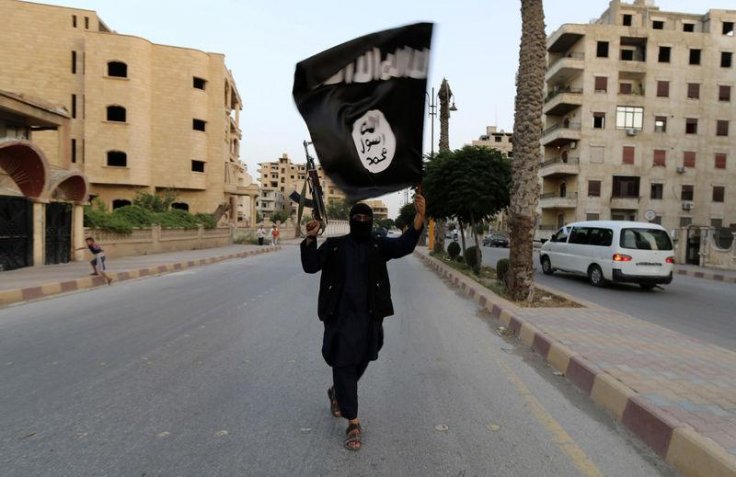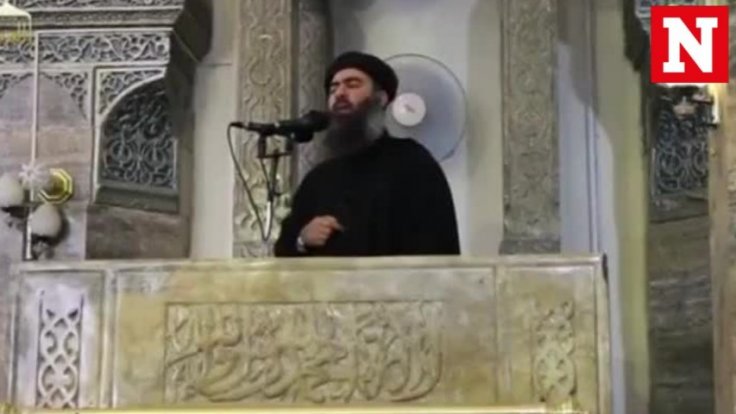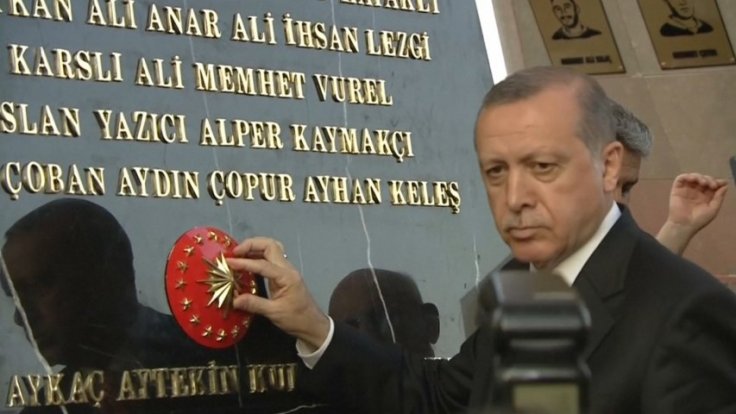
In a damaging fallout of US President Donald Trump's abrupt decision to pull troops out of the Kurdish areas in Syria, as many as 60 high value Isis terror operatives have been left behind. The escape of the dangerous terrorists, who had been held in war time prisons in northern Syria, means that five years of hard work against the Islamic State jihadists is undone, a top US official said.
The detainees could not be secured and removed along with the US forces as the Pentagon took the decision to move some 1,000 troops abruptly, following a Trump decision coinciding with the renewed Turkish offensive in the region.
Analysts fear that the Turkish offensive in the region, and the release of he Isis fighters will lead to a resurgence of the Sunni Islamist jihadi group in the region. "Five years of work—undone," a top US official said, the New Yorker reported. Meanwhile, the NYT has reported, citing a Kurdish official, that the dreaded Isis outfit has raised its flag in the region following the exit of the US.
The New York Times also reported that hundreds of Isis sympathisers, who were in low security detention centres in the region, also escaped on Sunday. Kurds had been a loyal ally of the American forces fighting Isis jihadists in Syria. The alliance with the Kurds, who were some of the worst victims of the Sunni jihadists, was instrumental in the US victories against the dreaded terror outfit. However, with the US abandoning the Kurds in the wake of the Turkish assault, the stage is set for the comeback of the terror outfit.

Meanwhile, France said on Sunday the release of dangerous Islamic State fighters was a worrying development. "Of course we are worried about what could happen and that is why we want Turkey ... to end the assault as quickly as possible", a French government spokeswoman said.
Why Trump decision could unleash chaos in the region
The Kurdish militia, the Syrian Democratic Force, has been leading the war against Isis from the front, with the strong backing of the US. The outfit has already lost 11,000 soldiers but it was successful in checkmating the Abu Baker al Baghdadi-led Sunni Islamist terror outfit. Now, with the US support gone and with Turkey targeting them with renewed force, the Syrian Democratic Force has become vulnerable. Without intelligence and air power support from the US, the SDF has become a sitting duck in a dangerous terrain.
Meanwhile, US Special Forces troops stationed in northern Syria were targeted with artillery fire by Turkish positions in the area on Friday. The Turkish shelling was so heavy that the US troops considered firing back in self-defense, a senior Pentagon official said. "US troops in the vicinity of Kobani came under artillery fire from Turkish positions at approximately 9 p.m. local Oct. 11 ... The explosion occurred....in an area known by the Turks to have US forces present," the Pentagon said in a statement.
What changed in Syria all too soon?

The current crisis stems from Turkey's renewed push to throw Kurdish fighters along the Syrian-Turkish border and establish a "safe zone" in the region. Turkey is opposed to the Kurdish consolidation in the north and east of Syria as it has its own sizeable Kurdish minority. Besides Turkey, countries like Syria, Iraq and Iran too have large Kurdish minorities. The problem is complex as the Kurdish minorities in all these countries are seeking varying degrees of autonomy.
Turkish President Tayyip Erdogan wants to crush the Kurdish Syria as he sees it as a branch of the The Kurdistan Workers Party (PKK), which represents nearly 20 percent of Kurds inside Turkey. The PKK had taken up arms against Ankara in the 1980s, triggering a conflict that has killed more than 40,000 people so far.
The abandonment of the Kurds by the US changes the equation completely. Kurdish YPG militia was one of the biggest beneficiaries of the Syrian war as they could carve out a territory in the northeast of the country even as Bashar al Assad was busy fighting off the mainly Sunni Arab rebellion against his regime. The United States also joined with the YPG militia in its fight against the Islamic State.








